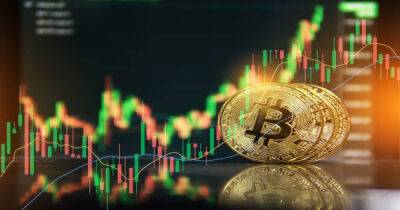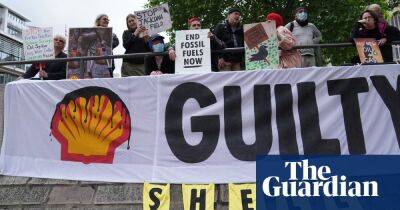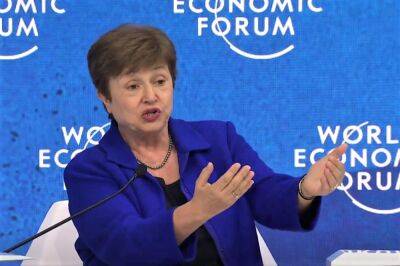Inflation bites hardest in developing world as Ukraine war raises prices
Prices were rising before Russia’s invasion of Ukraine, which has further disrupted energy markets and food exports, forcing developing countries to pay more to import staples at a time when they are already struggling with increased debts taken on to pay for pandemic responses.
While panic over inflation has led news agendas all over the world, the IMF’s World Economic Outlook released this week estimated it would reach 8.7% in developing economies compared with 5.7% in rich countries. Experts fear millions more will be driven into poverty and that transport and food networks will be affected.
Humanitarian efforts for refugees and populations already facing hunger crises could also struggle to cope with increased prices, at a time when many are already coping with reduced aid funding.
“The rising cost of getting aid into areas like north-west Syria, which is hugely dependent on humanitarian aid, means that it’s the people who need help most who are suffering,” said Jessica Adams, head of communications at Syria Relief.
“Our costs in meeting the needs have gone up – petrol for trucking water into camps costs more, building homes for displaced Syrians in tents costs more as building materials have gone up. This is against a backdrop where donations to Syria are reducing – so in a conflict like Syria … living has become unaffordable.”
The effects of the Ukraine war on oil, and the energy sector as a whole, are being monitored by experts but prices have fluctuated wildly since Russia’s invasion and there is concern about how much oil is being refined and exported as the products ordinary people need.
Rising oil prices are being felt on the forecourts, with petrol up 63% in Sudan, 50% in Sierra Leone and 42% in Ghana compared with
Read more on theguardian.com












![Loopring [LRC] makes investors go gaga as it becomes the first to… - ambcrypto.com - city Santiment](https://finance-news.co/storage/thumbs_400/img/2022/5/24/26914_n2t.jpg)
![Can Axie Infinity [AXS] make a strong comeback in the coming weeks - ambcrypto.com](https://finance-news.co/storage/thumbs_400/img/2022/5/24/26913_wyag.jpg)



